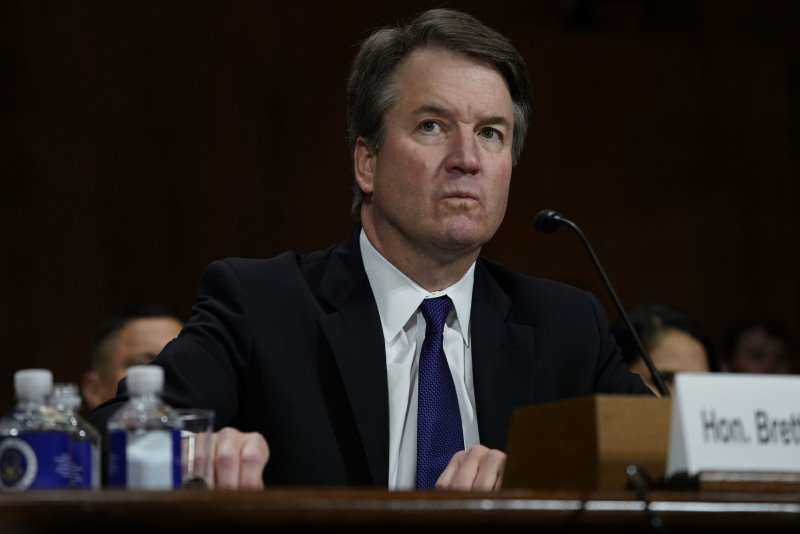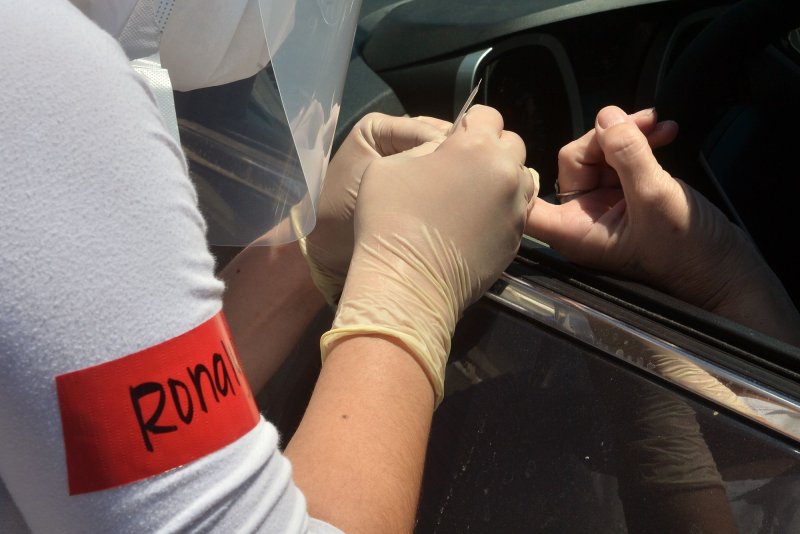cost-sharing deal for U.S. troops

South Korean Democratic Party lawmakers said they are not happy with a new defense-burden sharing deal with the United States after an agreement was reached earlier this month. File Photo by Yonhap
March 16 (UPI) -- South Korea is defending the terms reached in its cost-sharing deal for U.S. troops from critics in the ruling Democratic Party, who say they may not pass the legislation at the National Assembly, citing increasing costs that "unfairly" target the country, a key U.S. ally.
South Korean Defense Minister Suh Wook said Tuesday the 13.9% increase in Seoul's share of the defense burden was acceptable and a hard-won deal, Newsis and Korea Economic Daily reported.
In 2019 and 2020, tensions peaked between Seoul and Washington amid Trump's demand Seoul pay nearly $5 billion annually for 28,500 U.S. troops. The new multi-year deal reached on March 7 with the Biden administration is for about $1 billion.
"While there are some disappointments, the agreement was reached by following principles and settled at a reasonable level than in the Trump era," Suh said at a meeting of the National Assembly's defense committee. "In our own way we made efforts while following principles. It was negotiations with a partner, and we also had to demonstrate the spirit of the alliance."

South Korean Democratic Party lawmakers said they are not happy with a new defense-burden sharing deal with the United States after an agreement was reached earlier this month. File Photo by Yonhap
March 16 (UPI) -- South Korea is defending the terms reached in its cost-sharing deal for U.S. troops from critics in the ruling Democratic Party, who say they may not pass the legislation at the National Assembly, citing increasing costs that "unfairly" target the country, a key U.S. ally.
South Korean Defense Minister Suh Wook said Tuesday the 13.9% increase in Seoul's share of the defense burden was acceptable and a hard-won deal, Newsis and Korea Economic Daily reported.
In 2019 and 2020, tensions peaked between Seoul and Washington amid Trump's demand Seoul pay nearly $5 billion annually for 28,500 U.S. troops. The new multi-year deal reached on March 7 with the Biden administration is for about $1 billion.
"While there are some disappointments, the agreement was reached by following principles and settled at a reasonable level than in the Trump era," Suh said at a meeting of the National Assembly's defense committee. "In our own way we made efforts while following principles. It was negotiations with a partner, and we also had to demonstrate the spirit of the alliance."
South Korean lawmakers, including Rep. Hong Young-pyo, said Tuesday at the meeting the cost increase, which is in line with Seoul's original offer to the former Trump administration, was "undesirable." Hong suggested he may not vote for the deal at the National Assembly.
Hong, who did not publicly raise objections against Trump's demands last year, said the U.S.-South Korea alliance should "no longer be referred to as a value alliance."
"How much has [South Korea] invested in the transition of wartime operational control including the [U.S.] headquarters in Pyeongtaek?" Hong said, referring to South Korea's shouldering of building costs of the largest U.S. overseas military base in 2018.
RELATED North Korean vessels active in China, marine traffic data show
"The National Assembly is not a rubber-stamp parliament."
Hong's colleagues in the Democratic Party aired grievances about increased payments, citing U.S. dealings with Japan for comparison.
Rep. Kim Min-ki said while South Korea's defense costs for U.S. troops have steadily increased, Japan has not been asked to undertake a greater financial burden.
In 2020 under pressure from the Trump administration South Korea said it could agree to a maximum 13% increase from the previous Special Measures Agreement signed a year earlier, according to The Korea Times last year.
U.S. Secretary of State Antony Blinken and Secretary of Defense Lloyd Austin are to arrive in Seoul on Wednesday.













